Other council teams
East Sussex Highways work alongside other East Sussex County Council teams to undertake highway works. We have provided information on these teams and what their responsibilities are, this is summarised below.
- Rights of Way manage the maintenance of footpaths, bridleways and byways.
- Transport Development Control are responsible for considering the transport implications of proposed new developments.
- Strategic Economic Infrastructure are responsible for new infrastructure.
- Road Safety are responsible for reviewing the safety of the network and advising if improvements should be made.
Rights of Way
East Sussex has around 2,000 miles (3,218 km) of footpaths, bridleways and byways, providing access to some of the most beautiful countryside in the County. The Rights of Way team manages these paths to ensure that they give safe and easy access for the public.
Maintenance of the public rights of way is the responsibility of both the County Council and landowners. You can find out more about responsibilities of stiles, gates, vegetation, animals and other aspects on the Rights of way page on the ESCC website: https://www.eastsussex.gov.uk/leisure-tourism/discover-east-sussex/rights-of-way/east-sussex
Rights of Way Map
On the ESCC website we have created an interactive rights of way map which allows you to find out where you can walk and cycle in East Sussex. By searching a place name, road name or grid reference it will show the footpaths, bridleways and byways in that location. You can also find out if there are any stiles, gates or bridges on the paths.
Transport Development Control
The Transport Development Control team are responsible for considering the transport implications of proposed new developments in the county. This function is exercised through commenting upon planning applications (including pre-application enquiries),
Local Plans and Neighbourhood Plans. Often, the comments provided on development proposals lead to the need to implement improvements to the highway. Although these improvements are often undertaken by the relevant developer(s), the Transport Development Control team supervises these works to ensure that appropriate standards are met. The Transport Development Control team also hold, maintain, update and respond to enquiries relating to land that forms part of the public highway.
Further information on the team can be found on the Transport Development Control area of the Council’s website: https://www.eastsussex.gov.uk/planning/roads.
Responsibilities:
- Planning applications
- Road adoption
- Major Transport Projects
- Highway land information
Highway Land Information Team
The Highway Land Information Team (HLIT) provide information about the public highway including:
- Information regarding Highway boundary issues
- CON29 Highway questions
- Information regarding proposed new roads or alterations to existing roads
- Information regarding road adoptions
- Information regarding private developments that may affect the public highway
- Provision of plans to show highway extent
Further information can be found on the councii's website: https://www.eastsussex.gov.uk/planning/roads/highway-land-information
Strategic Economic Infrastructure
The Strategic Economic Infrastructure team are responsible for the development and delivery of the East Sussex Local Transport Plan and its Implementation Plans. They also manage the capital programme of local transport improvements and engage with East Sussex Highways on the design and delivery of local transport schemes.
Other areas of responsibility:
- Development and delivery of major transport and economic infrastructure projects and pipeline programmes
- Engagement with Highways England on the strategic road network, the rail industry and aviation issues industries on local strategic priorities
- Input into the Local Enterprise Partnerships and development of major transport schemes and sustainable economic growth business cases
- Input into Transport for the South East (TfSE) sub-national transport body
- Lead on the Council’s approach to sustainable travel (walking and cycling) and future of mobility
- Provide transport policy/modelling advice to inform the development of their Local Plans for District and Borough’s
- Co-ordinate the identification of county council infrastructure required to support housing and employment growth in Borough/District Local Plans and to inform their Infrastructure Delivery Plans and the development of Community Infrastructure Levies
- Co-ordinate the County’s responses to Local and Neighbourhood Plans
- Co-ordinate the receipt and use of development contributions
- Carry out all types of transport related surveys as required by a range of transport work undertaken across by the department and by external clients.
Road Safety
Road safety identify points on the road network that are shown to have the greatest crash risk and would therefore benefit the most from interventions to reduce casualties. They carry out studies into crashes occurring on the county’s road network and then put in place a programme of works to address these crashes.
The main focus is therefore aimed at sites that demonstrate a high level of crashes happening over a sustained period. They have undertaken a review on crash sites on an annual basis with relatively small scale schemes being funded by the Road Safety Team and larger schemes referred to our Capital Programme for Transport Improvements. The interventions that are available to the Road Safety Team are strictly controlled by national legislation, design standards to ensure conformity across the whole road network and best practice borne out of experience and academic studies.
Responsibilities:
- Speed limits
- Crash site identification and investigation
- Traffic movement prohibitions and restrictions
- Parking (in non-CPE areas)
- Traffic signs (regulatory/warning/advisory/direction/tourist)
- Road markings
- Road safety audit
- Strengthening local relationship meetings with local parish councils
- Internal driver training and minibus training
- School Crossing Patrols
- Driver diversion courses (on behalf of Sussex Police)
- Cycle training
- Road Safety Education (in conjunction with the Sussex Safer Roads Partnership)
- Community road safety

